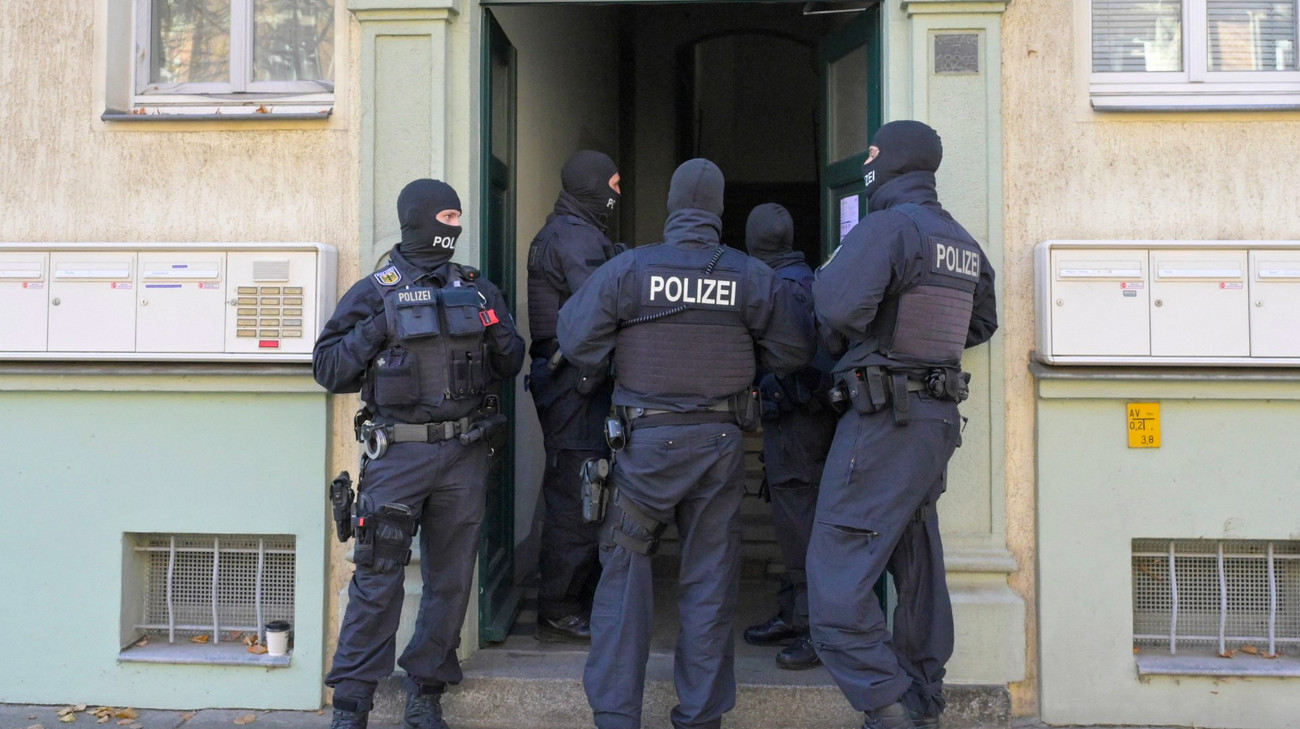
Before sunrise, dozens of heavily armed police teams stormed homes across Germany—not to seize weapons, drugs, or dangerous criminals, but to hunt down citizens accused of posting “offensive” comments online.
In a dystopian display of state overreach, authorities are now treating mean tweets like serious crimes, raising alarming questions about free speech in modern Germany.

BYPASS THE CENSORS
Sign up to get unfiltered news delivered straight to your inbox.
You can unsubscribe any time. By subscribing you agree to our Terms of Use
Latest Video
While prosecutors argue that Germany’s constitution protects free speech—just not “hate speech”—the line between the two has become dangerously vague.
Under German law, speech that could “incite hatred” or be considered “insulting” is criminalized, leaving many citizens shocked to learn that their online opinions are illegal. “They don’t think it was illegal. And they say, ‘No, that’s my free speech,’” explained state prosecutor Dr. Matthäus Fink. “And we say, ‘No, you have free speech as well, but it also has its limits.’”
Unlike in the U.S., where even inflammatory speech is protected under the First Amendment, German authorities are aggressively prosecuting online comments in the name of protecting “democracy.” In reality, critics argue, they are eroding it—treating digital insults as criminal acts while silencing dissent under the guise of civility.
Prosecutors Fink, Svenja Meininghaus, and Frank-Michael Laue explained that German law criminalizes spreading malicious gossip, and sharing fake quotes. Even reposting something the government declares “fake news” can be considered a crime.
The punishment for sharing so-called “fake news” can include jail time for repeat offenders. But in most cases, a judge issues a heavy fine and confiscates the offender’s personal property in the form of smartphones and computers.
To build their cases, investigators scour social media and use public and government data. Laue says sometimes, social media companies will provide information to prosecutors, but not always. So the task force employs special software investigators to help unmask anonymous users.
Some critics argue that Germany’s aggressive policing of online speech risks echoing the oppressive tactics of the past, drawing unsettling parallels to the surveillance state of 80 years ago, when citizens lived in fear of their words being monitored and weaponized against them by an authoritarian regime.
They warn that giving the government the power to determine what constitutes “acceptable” speech could lead to censorship and suppression of dissenting opinions.
The question remains: who gets to decide where those boundaries lie, and how long before this “protection” turns into outright control?

